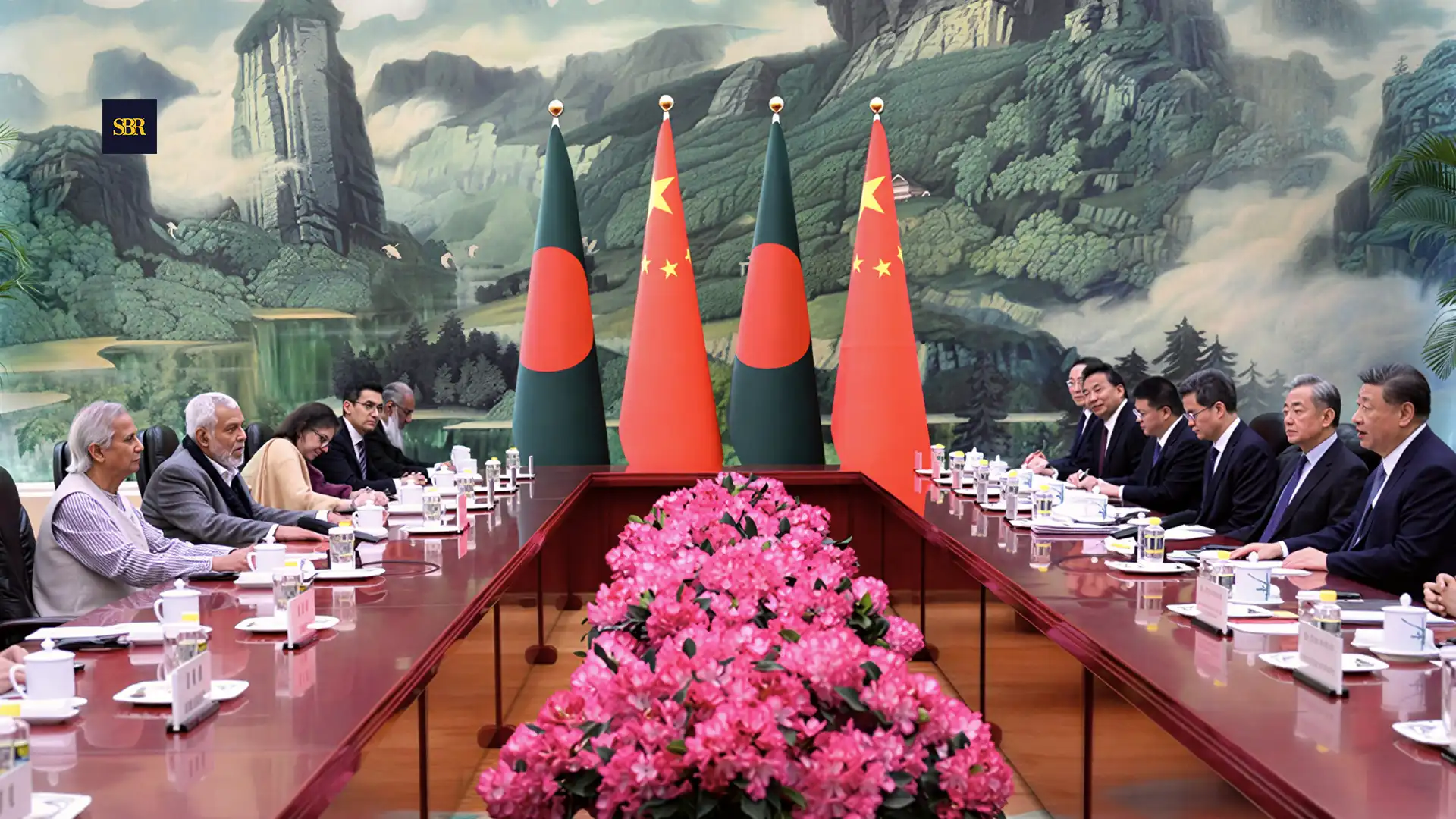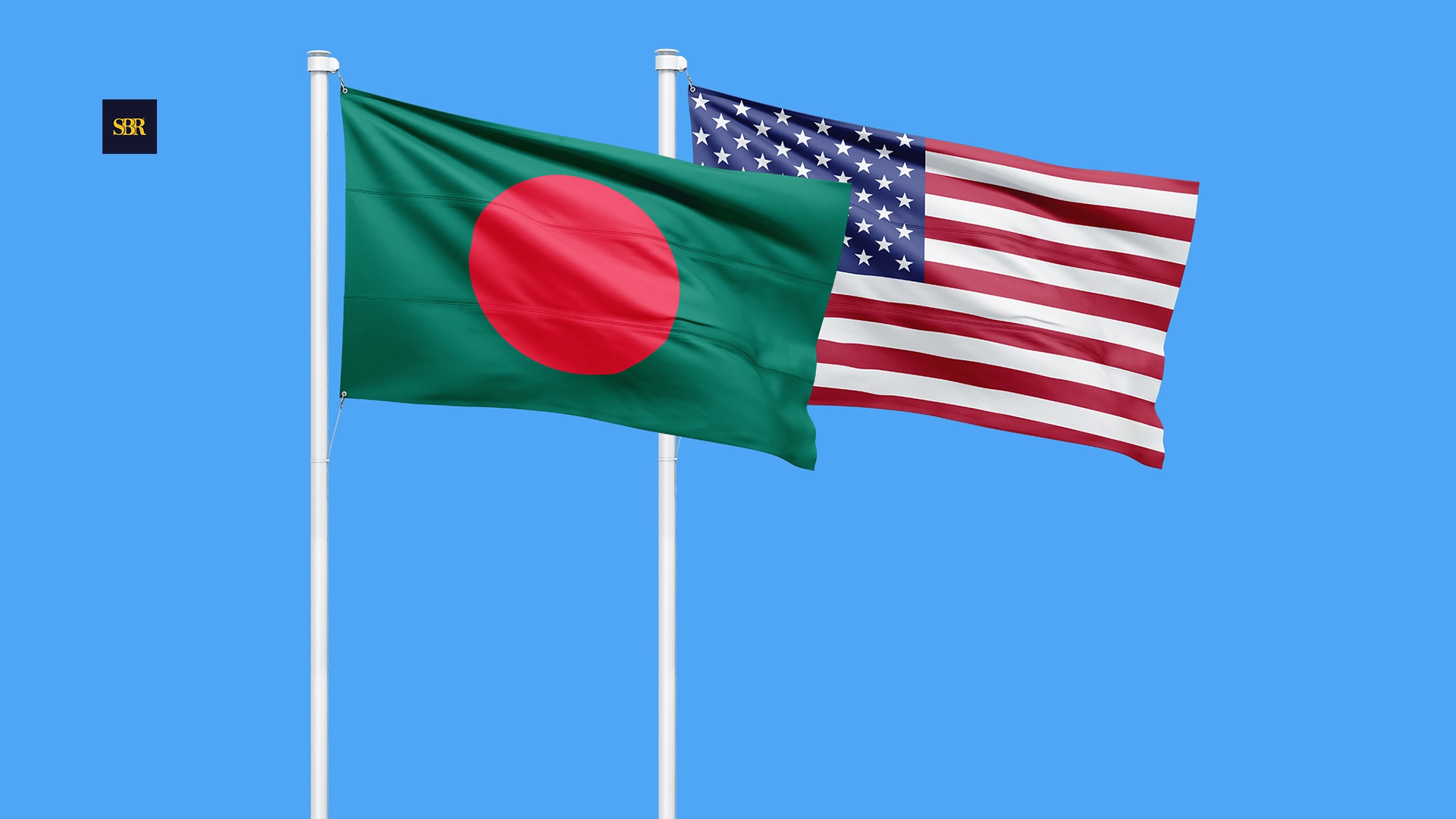TOKYO, Aug. 25, 2025 — While the US and Europe dominate the global FinTech sector with contributions exceeding $210 billion, fundraising by FinTechs in smaller and developing markets is steadily gaining momentum.
However, these sector-specific FinTechs are making efforts to use financial services for empowering a cross-section of people, from aspiring blue-collar workers to farmers.
The last one week has seen huge funding activity in developing markets such as Indonesia, Turkiye, Singapore and Japan, where financial services companies raised funds for social impact initiatives.
Japan’s FinTech sector is changing rapidly buoyed by new-age tech, shipping regulations, and adoption of cashless payment tech.
The FinTech market in Japan is estimated at JPY 210 billion ($12 Billion), which is still very small compared to markets such as that of the US ($4 trillion).
There are FinTech giants such as Rakuten and PayPay which dominate Japan’s financial services sector.
However, companies with out-of-the-box ideas, such as Japanese agriculture FinTech Degas Limited recently announced a $100 million investment over the next four years to help create Ghana as Africa’s first AI-powered agricultural hub, enhancing a model that, as per Degas, has already financed more than 86,000 smallholder farmers across 122,000 acres nationwide.
What Sort of Social Impact Projects Attract Funds?
Degas’ platform is a combination of AI-driven satellite monitoring and agriculture techniques, says Doga Makiura, founder and CEO of Degas Limited.
As per Doga, the model is drawing strong interest from Japanese investors who consider Ghana’s integrated approach the ‘gold standard' for agricultural investment in Africa.
Founded in 2019, Degas says its core focus is based on raising the productivity and income of 600 million smallholder farmers in sub-Saharan Africa by utilizing its proprietary technology platform.
As per the company, the recent funding will support the expansion of Degas’ farmer financing, satellite-enabled crop monitoring, and precision agronomy services, while deepening partnerships across input supply, logistics and offtake to strengthen local value chains.
The service provides farmers with high-quality farming inputs and offers specialised training, equipping farmers with tools and knowledge to maximise productivity. Farmers make repayments by delivering a portion of their agricultural outputs and realize additional incomes through the sales of remaining crops.
The field staff of Degas uses its proprietary app to enrol farmers, distribute inputs, record farm locations, monitor farming activities, and harvest and recover crops. Each bag collected from farmers filled with crops has a QR code containing all the relevant information, enabling Degas to offer end-to-end traceability across the value chain.
Degas says it has collected millions of data points across the full value chain by using its proprietary mobile app. It uses the data and machine learning techniques to compute farmer credit scores and make data-driven decisions to optimise operations.
Financial Services for Job Seekers You Should Know
Earn Enough, Borrow Responsibly: The Indonesian employment platform Pintarnya has diversified beyond its job matching expertise by offering financial services along with full-time and side-gig opportunities.
The company recently announced it had raised a $16.7 million Series A round. The funding was led by Square Peg, with participation from existing investors Vertex Ventures Southeast Asia & India and East Ventures.
Founded by Ghirish Pokardas, Nelly Nurmalasari, and Henry Hendrawan in 2022, Pintarnya’s core focus is to tackle challenges for people in Indonesia to earn enough and borrow responsibly.
“Traditionally, mass workers in Indonesia find jobs offline through job fairs or word of mouth, with employers buried in paper applications and candidates rarely hearing back. For borrowing, their options are often limited to family/friend or predatory lenders with harsh collection practices,” Henry Hendrawan, co-founder of Pintarnya told TechCrunch.
“We digitize job matching with AI to make hiring faster and we provide workers with safer, healthier lending options, designed around what they can reasonably afford, rather than pushing them deeper into debt.”
Financially Secure Workers: Notably, around 59 percent of Indonesia’s 150 million workforce is employed in the informal sector, which reveals the difficulties these workers face in accessing formal financial services as they lack verifiable income and official employment documentation.
Addressing this issue, Pintarnya partners with asset-backed lenders to offer secured loans, using collateral such as gold, electronics, or vehicles, Hendrawan added.
Having received its seed funding in 2022, Pintarnya presently serves over 10 million job seeker users and 40,000 employers across Indonesia.
The company has registered almost fivefold year-over-year in revenue and has a positive long-term outlook to reach break-even by the end of the year, Hendrawn added. Pintarnya primarily serves users aged 21 to 40, most of whom have completed high school education or secured a diploma below university level.
The startup aims to focus on this underserved segment, considering the large population of blue-collar and informal workers in Indonesia.
Degas Limited recently announced a $100 million investment over the next four years to help establish Ghana as Africa’s first AI-powered agricultural hub.
Inputs from Saqib Malik
Editing by David Ryder
















